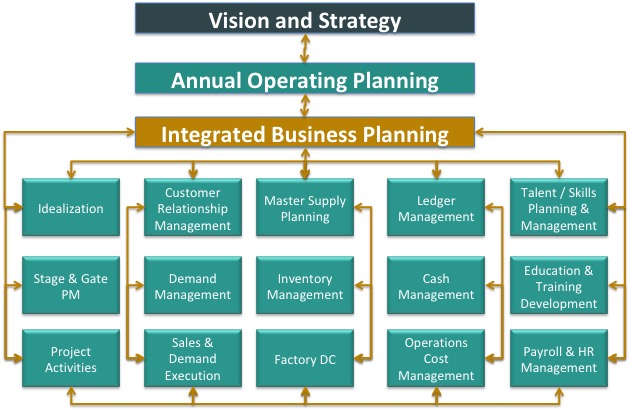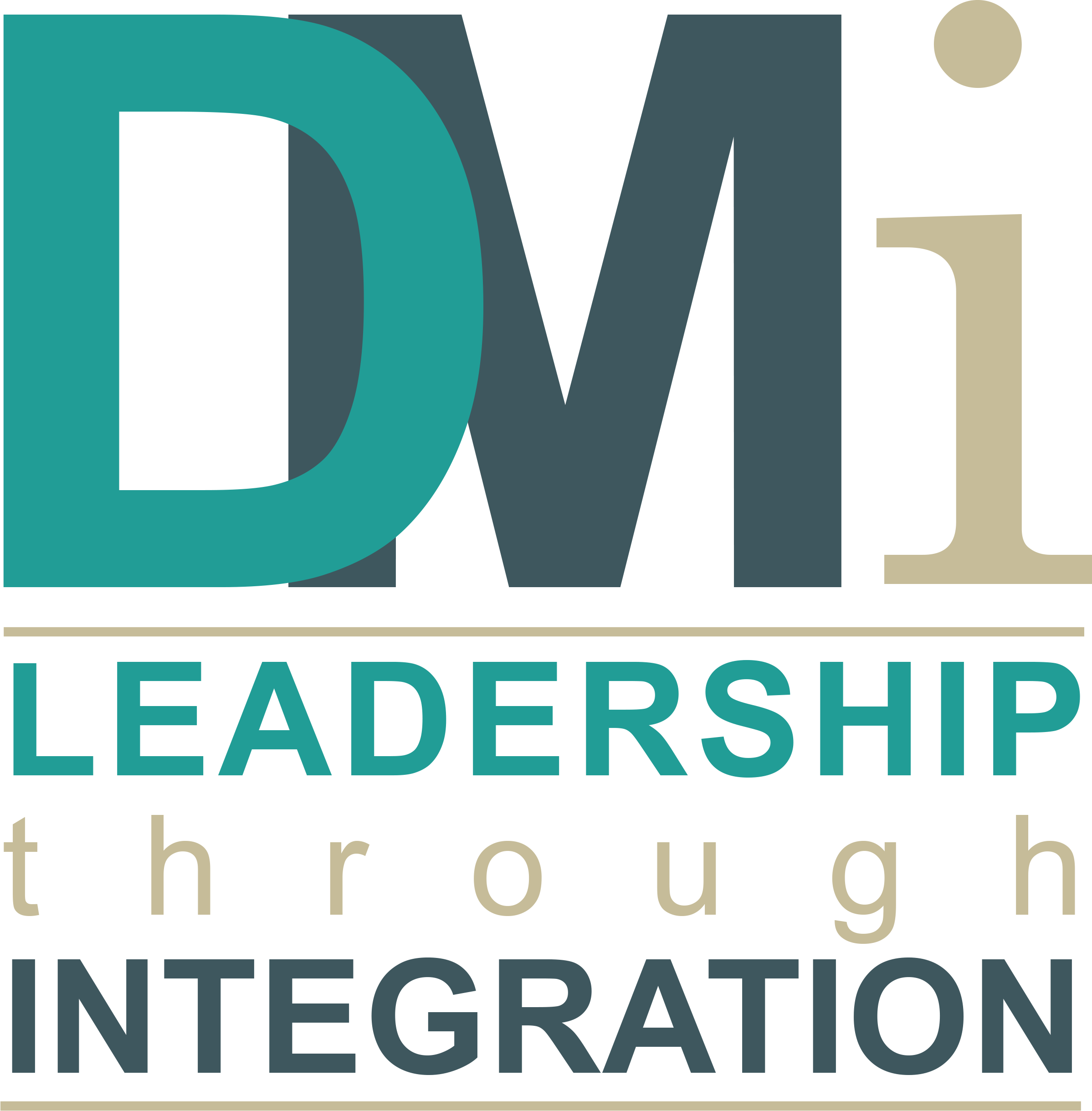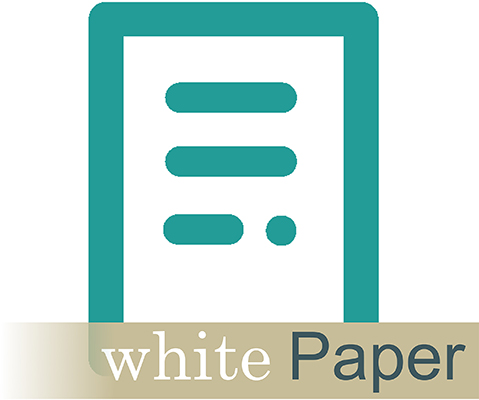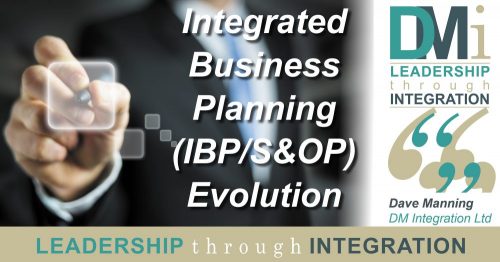3:01 pm
3:01 pm
DMi White Paper: ERP Systems Functionality Selection Checklist
ERP Systems Functionality Selection Checklist
This document is not intended to pick up all of the functionality of a typical ERP system, for example it does not cover areas such as ledgers, CRM, HR or basic purchase orders and stock transactions. Its objective is to act as a checklist for the key planning and control functionality required for best practice ERP during a systems selection process.
IBP
- Aggregation/disaggregation to multiple families
- RCCP at family level using resource profiles and long-term time fences
Demand Planning/Management
- Statistical forecast capability
- Assumption management functionality
- Forecast accuracy KPIs using customer demand not shipments or customer orders
- Multiple views of forecast accuracy e.g. by customer, account manager, sector etc.
- Forecast bias KPIs
- Available to promise functionality based upon the MPS and stock
- Abnormal demand filters
- How is unconsumed forecast and forecast roll handled?
- Customer service KPIs – OTIF against customer demand and customer order (requested and promised)
Master Production Scheduling (Master Supply Planning)
- Types of order status – planned, firm planned (FPO) and released
- Time fence management capability, FPO time fence and released time fence.
- Change management and KPIs within each time zone
- Planning buckets month, week, day, shift, hour
- Action messages types and filters
- Pegging capability to support bottom up re planning
- MPS/MRP calculation net to gross not gross to gross
- RCCP capability at MPS level using resource profiles
- Detailed capacity planning (infinite) using released orders, FPO’s and planned orders using detailed work centre and operational routings and demonstrated capacity
- Full distribution resource planning functionality using DC demand and distribution resource requirements e.g. Logistics, Warehouse space (if required)
- Planning bill functionality
- Does a requirements file exist allowing changes made to manage exception and bottom up re-planning not to be overridden next time MPs/MRP is run?
- MRP run net change and can it be online allowing better scenario planning during the re-planning process
Bills of Material
- Modular BOM functionality
- Pseudo item numbers
- Phantom item numbers correctly used in MRP
- Lot control capability
- Back flushing capability by shop order or routing operation
- BOM maintenance functionality e.g. mass replace, where used
- Change management functionality, discrete effectivity date, use up
- Multiple views of one BOM database – live, manufacturing, planning, development and costed
- Detail work centre and operations routings used by CRP and production scheduling
Vendor Management
- Vendor scheduling functionality, with time fences and the ability to handle multi (duel) sourced items
- Vendor analysis based upon segmentation and cash flow projections
Stock Control
- Cycle counting (Perpetual inventory) functionality, including ‘process control’ cycle counting
- FIFO functionality
- Lot control functionality with traceable capability
- Standard stock control transactions
- Back flushing and KANBAN functionality
- Discrete picklist functionality
Shop Floor Control
- Material availability check prior to shop order release
- Production scheduling based upon routing operations and work centre profiles e.g. move time, Q’s, SHITS, shop calendar
- Production scheduling is based upon standard operation times and set up while MRP is based upon item master lead times. What comparison capability exists to ensure alignment.
- Finite production scheduling functionality
- Planning board capability for communication of production schedule
- Production reporting functionality by order, by operation with option for specific count points
- Full production and material traceability functionality
- Schedule adherence KPIs
Business Information
- What BI tools exist to support KPIs, analysis and the IBP Review Steps.
I hope that this checklist serves as a help during the system selection process. Enjoy the ‘shopping’ but don’t procrastinate.





